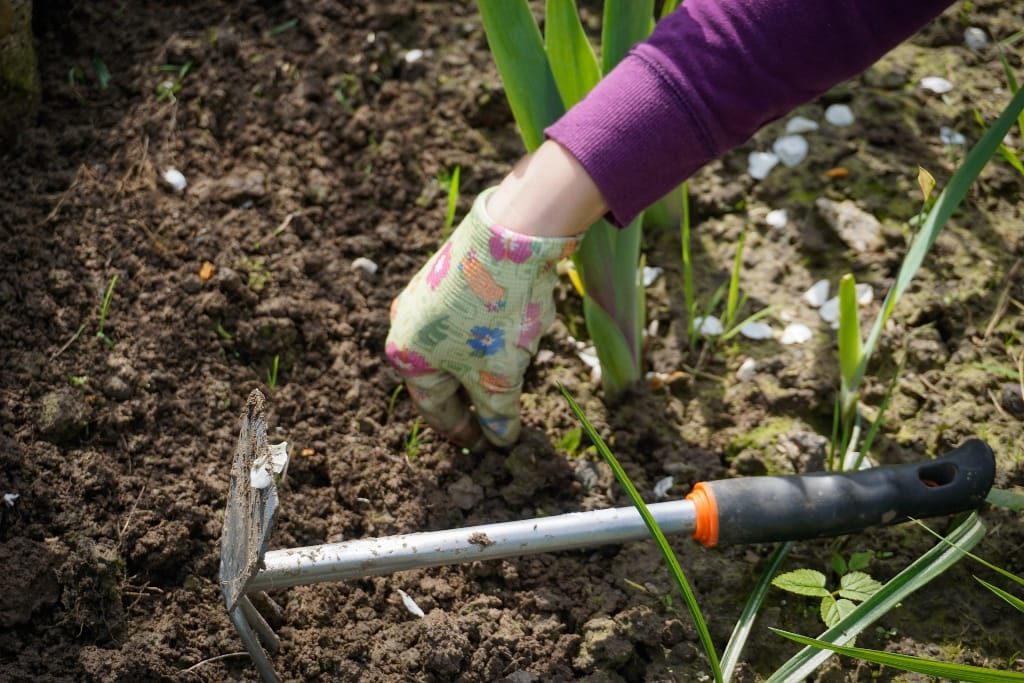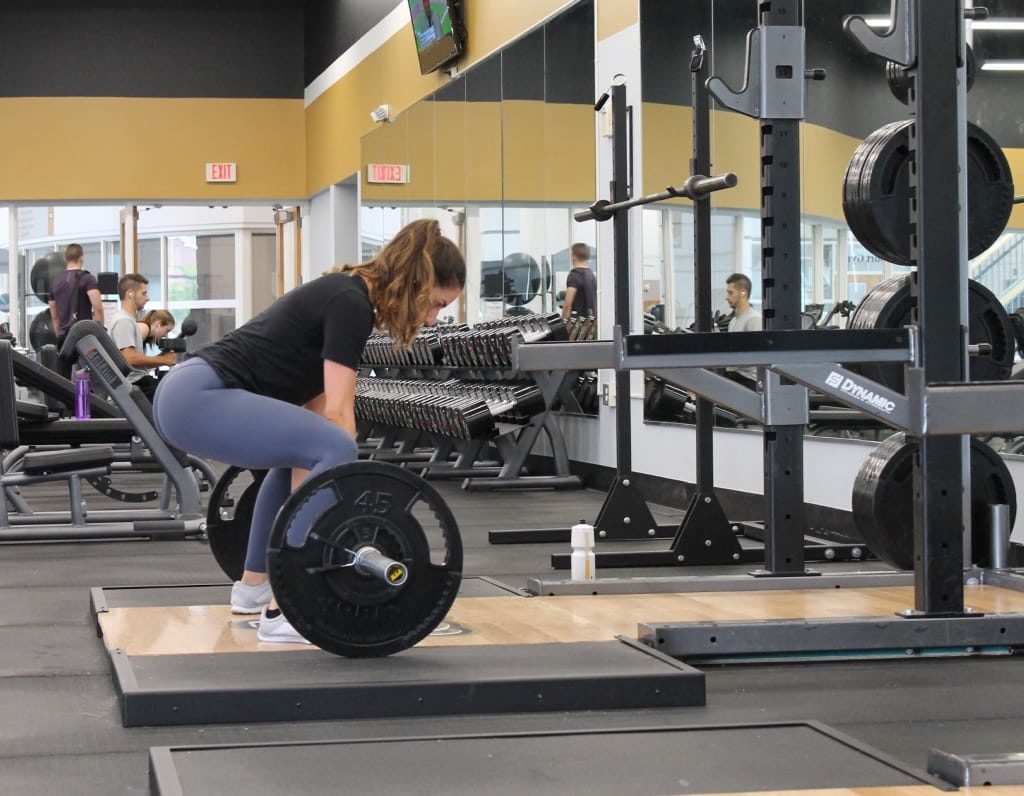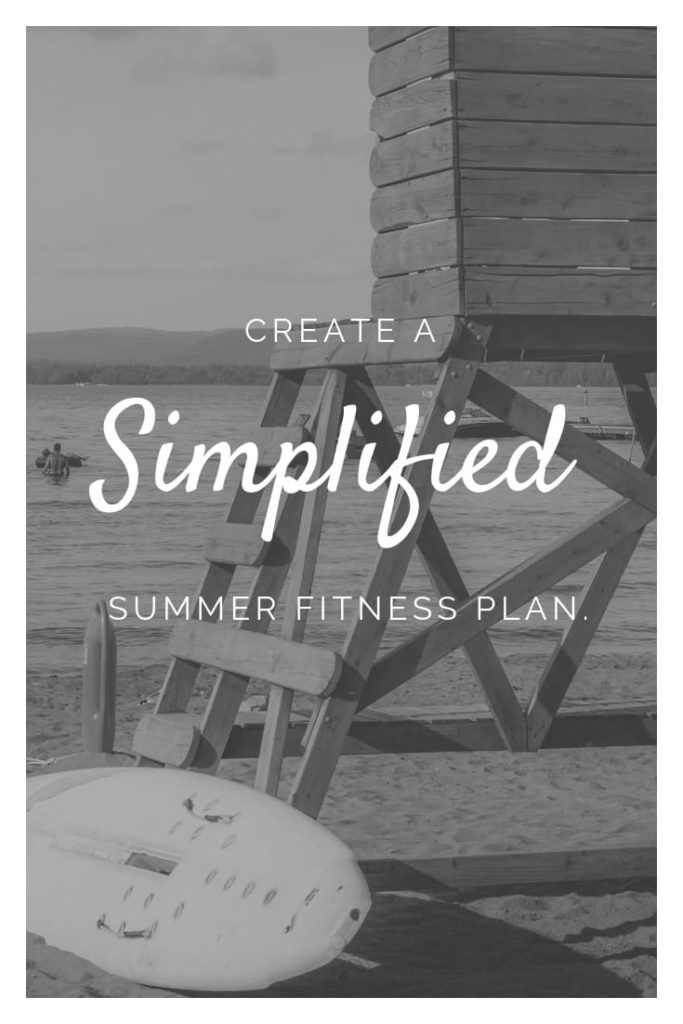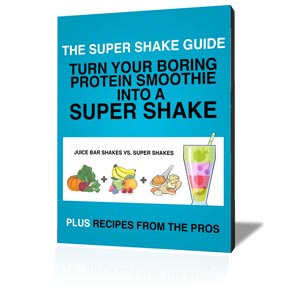The long delicious days of summer are finally here. You’re ready to spend time camping with your spouse, working in the garden and playing with your nephew at the pool. You want time to slow down but your days are filling up fast. It’s so tempting to skip your weekend long run or your favorite after work fitness class. You need a simplified summer fitness plan.
You know what? I say go ahead and drop a few balls. In order to ditch the Summer Slump, I want you to skip your normal routine and commit to a few healthy habits that matter.
Even for grown-ups, summer is special. Whether it’s nostalgia for the summer vacation freedom of your youth or the ability to have some flexibility without school or sports, summer is meant to be savored in its own particular way. However, that doesn’t mean letting go of your healthy striving goals. This isn’t about saying “see you in September” to your commitment to living a healthy happy life.
Instead, I want you to let go of all or nothing thinking. I want you to embrace your shifting summer schedule. Let it be a chance to revaluate your current routine. This summer I want you to commit to two or three habits that make you feel your best. By focusing on the critical few, you won’t lose ground and you’ll gain a fresh perspective on what really matters to your overall health and well-being. This summer I want you to let go of all the dogma that’s been holding you back and trust that less is really more.
Ask yourself these 3 questions to create a simplified summer fitness plan.
What makes you feel your best? In the gym, we like to call these your anchor habits. We all have habits or practices that without a doubt are needed to function at the level of health and happiness that we want. For example, I need to move every day. I can be flexible in how I do this as long as a feel the way I want to feel. Lifting weights in the gym is my happy place but summer is a great time to let my muscles rest by taking a week off from the gym in exchange for running, walking or trying a new yoga class. When I’m not resting my muscles, I might choose to do shorter workout at home to allow myself more time to walk, run or hike.
Your first step is to determine two or three habits or actions that are the foundation of your healthy and fit life. Most often these habits are about “adding to” not “taking away”. Habits like eating breakfast every day, getting plenty of water or having vegetables at every meal are common among my clients. Once you know your essential habits, everything else can fall way if necessary and you’ll still be feeling fine.
How can you practice that habit quickly but meaningfully? Here is where you need to think about quality, not quantity. If I do a short workout, it’s going to be an intense workout like a 10/20/30 HIIT workout. Or it might focus on just four or five multi-joint movements to work my whole body in only a few movements. The key is to have options. Have plan A, plan B and plan C.
This could also translate into the 1% better concept. Maybe you feel your best when you get eight hours of sleep but an early start at work for summer hours has you getting six hours. How could you make that 1% better? It might mean changing up your normal bedtime routine of Pinterest and texting your sisters and setting a bedtime alarm. You could put away the phone 30 minutes before bed and try to go to sleep just a little bit earlier. You might be surprised how easy it is to reset your bedtime just fives minute at a time and how well you can transition this habit into fall.
What mindset adjustments do you need to make? Every time you skip your regular Thursday Pilates class to go to the pool or leave town for a long weekend of kayaking and camping, you will feel a twinge of guilty. But if Pilates didn’t explicitly make the anchor habits cut, you have no reason to feel guilty. You’re still moving. Anchor habits are about core actions, not rigid structure. I give you permission to let things go but I would also love it if you tried new things. I want you to explore using different tools for your strength training or new classes that take place over lunchtime so you can be free after five. I want you to get outside!
And, if you feel bad every time you have a piece of homemade strawberry shortcake or wood fired pizza, it’s time to stop thinking about being on or off track. This is your innner critic and the diet mentality talking. Nothing is all good or all bad. You are not bad for choosing to mindfully savor seasonal flavors and fresh foods that may feel a little indulgent. One of the anchor habits I work with my clients on is eating slowly. Notice it’s not “eating healthy” or “eating clean”. It’s about honoring our bodies’ ability to notice how what we are eating affects us that can be practiced anywhere.
If you eat the strawberry shortcake slowly and with intention, you’ll most likely be just fine. You don’t have to do extra burpees or steps to “pay for it”. If you eat the whole thing while mindlessly watching HGTV, then you’re likely to have some physical discomfort when you’re done and perhaps the rest of the day. You still don’t have to “pay for it” or punish yourself. It doesn’t mean you are bad. It means you were disconnected from your food and your actions. Your body can be trusted if you tune in and let it be.
By asking yourself these three questions and building a summer strategy around health habits that matter to YOU, you’ll find freedom that will last all year long. When summer winds down you can start adding things back in if you like. Or you might be inspired to see what else there is to let go of. You might be surprised how many so-called healthy habits you’re holding on to because they made sense five years ago or because that’s just what you’ve always done.
Healthy living is after all about LIVING. It should be based on a commitment to do a few small things consistently, not a cycle of jump starts and hard stops. Understanding your non-negotiables and knowing the few habits that really matter is more effective in the long run than any restrictive diet or punishing boot camp. The mental work may be more intense than showing up at 6 am to get your butt kicked but you’ll find it the payoff much more satisfying for your overall health and well-being.





